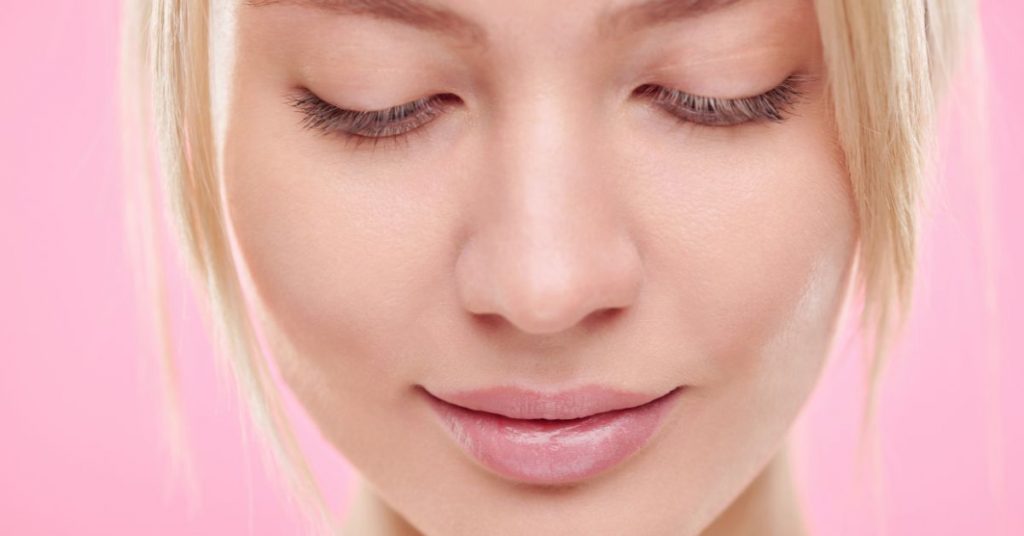These days, on TikTok, many people get rid of products they used to love because they contain ingredients that “clog” the skin’s pores. Is this a real phenomenon, and if so, which pore-clogging ingredients should be avoided?
There are a ton of products on the market, both in skincare and makeup, and it can get confusing! If you have acne-prone skin, you may be looking for ingredients that will be beneficial. This is where several pseudo-scientific terms come in that are hard to untangle.

What causes pimples on the skin?
Since the beginning of time, people have been talking about how “non-comedogenic” products are better for your skin. These products make the claim that they will not clog pores or create acne breakouts such as blackheads or pimples.
There are a wide variety of potential etiologies for acne. Some acne is caused when a hair follicle, which is also referred to as a pore, becomes clogged with dead skin cells. This can result in the formation of a pimple. Some breakouts are brought on by bacteria that live in the pores, while others are brought on by overactive oil glands in the body.
On the other hand, hormones can be a contributor to acne for a large number of people, particularly women. When you factor in things like nutrition, heredity, and habits of lifestyle, it’s possible that acne has nothing to do with the items that are utilized.
A clogged pore can, in fact, lead to the formation of a pimple; however, this is not the only possible explanation.
Can a product clog pores?
Several websites point the finger of blame at particular pore-clogging ingredients. These include compounds with ominous-sounding scientific names as well as well-known substances like shea butter and coconut oil.
It’s possible that the blemishes on your skin aren’t caused by the products you use on your skin at all. In addition, the majority of the components that have been deemed to be “comedogenic” were evaluated using rabbits during the 1970s. The validity of these tests is called into question due to the fact that our skin is distinct from the skin of animals.
The simplest way to determine whether or not a product causes acne is to test it on your skin and observe whether or not the blemishes clear up once you stop using the product in question.
What pore-clogging ingredients should I avoid?
It has been established that certain pore-clogging are responsible for many persons experiencing breakouts. They can also be easily substituted and are frequently superfluous in skincare and cosmetic formulations. Some of them are listed below.
perfumes: The use of products with added perfumes has the potential to irritate the skin, particularly in the case of products that remain on the skin for an extended period of time, such as creams and foundations.
In the same way as fragrances do, essential oils have components that might be irritating.
Coconut oil is one of those ingredients that should be avoided if you have acne-prone skin because it has the potential to clog pores. On the other hand, if you suffer from eczema, this will be of great assistance to you.
What to do to avoid clogged pores?
Be sure to give your face a thorough cleaning before bed. Double cleansing is something you should do if you wear makeup and/or sunscreen.
This method involves first removing your makeup with an oil- or balm-based makeup remover, and then following up with a second wash using a facial cleanser that is formulated specifically for your skin type.
Don’t stop using a product just because it contains pore-clogging ingredients if you find that utilizing the product helps clear up your acne. Keep in mind that this list is out of date and has only had insufficient testing.
